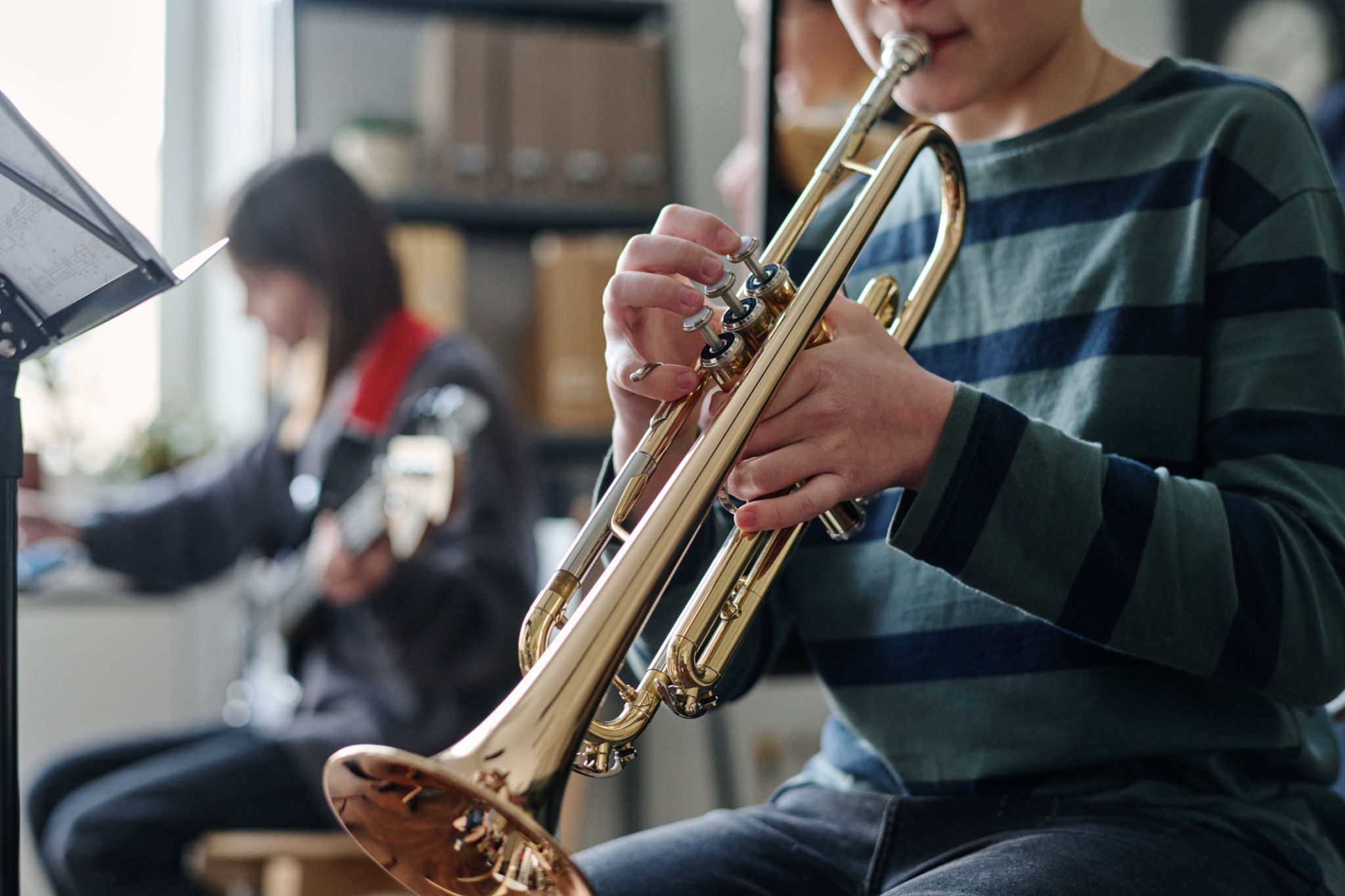How to Choose the Right Musical Instrument for Beginners
Understanding Your Interests and Goals
Choosing the right musical instrument as a beginner starts with understanding your personal interests and goals. Are you drawn to the rich, deep sounds of a cello, or do you prefer the bright, lively tones of a trumpet? Identifying the sound and style that resonate with you can guide your decision. Consider whether you want to play solo or in a group, as this can also influence your choice.
It's also important to consider what kind of music you are passionate about. If you love classical music, a violin or piano might be a good fit. If rock is more your style, perhaps the electric guitar will suit you better. By aligning your choice with your musical interests, you’ll be more motivated to practice and progress.

Assessing Your Physical Capabilities
Physical capabilities can play a significant role in choosing an instrument. Some instruments require more physical strength or dexterity than others. For instance, playing the drums demands good coordination and stamina, while instruments like the flute require breath control and finger agility. Consider any physical limitations you might have and choose an instrument that will be comfortable for you to play.
It's also crucial to think about portability. If you plan to travel frequently with your instrument, a smaller, more portable option like a ukulele or violin might be ideal. Larger instruments like pianos or drum kits are less convenient to transport.
Evaluating the Learning Curve
The learning curve is another important factor. Some instruments are known for being easier to learn, especially for beginners. For example, the ukulele and keyboard are often recommended for their simplicity and accessibility. Conversely, instruments like the violin or oboe may take more time and dedication to master.

Consider how much time you're willing to dedicate to practice. If you're looking for quick progress, starting with an easier instrument might provide a more satisfying experience. However, if you're up for a challenge and have the patience, tackling a more complex instrument could be rewarding in the long run.
Exploring Cost and Availability
Cost is an essential consideration when choosing an instrument. Some instruments are more affordable than others, making them suitable for beginners who may not want to invest heavily at the start. Instruments like harmonicas or recorders are generally inexpensive, while others like saxophones or cellos can be more costly.
The availability of resources such as teachers or online tutorials is also worth considering. Ensure that you have access to learning materials and support for your chosen instrument. This can significantly impact your learning experience and progression.

Trying Before Buying
Before making a final decision, it's beneficial to try out different instruments. Visit a local music store or borrow instruments from friends to get a feel for them. This hands-on experience can provide valuable insight into what suits you best in terms of comfort and enjoyment.
Remember that choosing an instrument is not just about practicality; it's also about passion. The right instrument will inspire you to practice and grow as a musician. By taking these factors into account, you can make a well-informed choice that aligns with your interests and lifestyle.